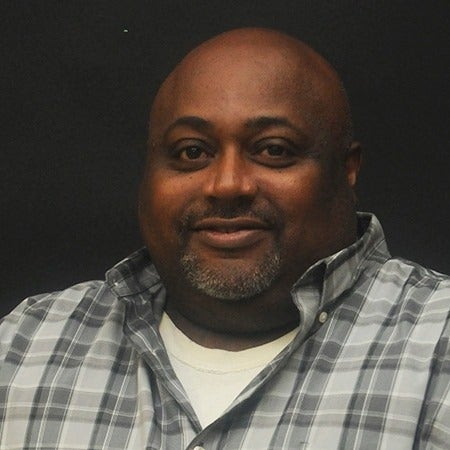Others’ success can show the way
Published 11:46 pm Saturday, January 22, 2011
In his address to economic and community leaders Tuesday, Bill Taylor, former head of Mercedes Benz US International who now heads the Economic Development Partnership of Alabama, spoke about regionalism and its potential impact on the people of this area. Taylor described regionalism in terms of the benefits shared by all in a region where a manufacturing facility locates. The movement of people, he said, was a vital statistic as you worked to gain an understanding of the benefits a community like Selma can enjoy if a manufacturing facility locates not in Dallas County, but as far as 50 – 60 miles away.
To prove Taylor’s point, you have to look no further than Northeast Mississippi, which is a model for what regionalism, and those who believe in it, can mean.
Northeast Mississippi, world renowned for a furniture manufacturing industry that rivaled North Carolina’s, had watched as thousands of local jobs shifted from the region to China and Mexico, where raw materials were cheap and labor even cheaper.
I lived in Northeast Mississippi for three years and I bore witness to the layoffs and job cuts and sat through many a meeting where people were wringing their hands wondering what the future held for their family and friends as paychecks declined and unemployment rates rose.
Eight years ago with the region looking at a bleak future, 15 men who make up the boards of supervisors (county commissioners to us) of three counties in Northeast Mississippi took a chance and formed a three-county alliance with their respective counties agreeing to create an economic development zone in hopes of luring a major industry to the area.
The PUL Alliance, as it became known because of the counties involved, Pontotoc, Union and Lee, established a 1,700 acre megasite near Blue Springs in Union County. Later to become known as the Wellspring Project, the counties agreed to share in the expense of acquiring the land and also hammered out a plan to share the profits that would hopefully come like water from one of the many natural springs in the area.
The supervisors’ dreams – and prayers – came true three years ago when the Toyota Motor Corporation announced to the world that the company was building a $1.3 billion vehicle assembly plant on the Blue Springs megasite, creating 2,000 direct jobs with thousands more indirect jobs.
After Toyota made it official it was obvious what had brought the project to the people of the region; the ability to work together no matter where a state map says your county line ends.
“No one county could have done this alone,” said Union County Supervisor Norman Treadaway in a story published in the Tupelo-based Daily Journal. “We thought it out when we formed an alliance, but we didn’t imagine this.”
Although there were a lot of state and federal politicians at the announcement trying to find a way to take credit for the project, Lee County Supervisor Charles Duke, chairman of the PUL Alliance, brought it back home.
“The PUL Alliance is the first regional economic development alliance formed in the state of Mississippi, and it has used the state and local resources to prepare the best industrial site in the nation. We believe it will revitalize regional growth at a time when we have to stay diversified to maintain our economic competitiveness. I think that says it all.”
The story unfolding in Northeast Mississippi should be a lesson to those in the Black Belt who have the ability to replicate such an alliance. As Taylor implied, when it comes to economic development in a non-metro area, regionalism and a cooperative spirit can overcome a lot of obstacles. The PUL Alliance proves that, and it’s something we can learn from if we’re open minded enough to see the possibilities of what we can become.
There will be those who read this who might say I’m asking the impossible [fill in excuse here], but my response to them is that our lives are what we choose to make of them. If we continue to allow this region of the state to be perceived as a third-world country, as The Birmingham News characterized the Black Belt in an article a few years back, that’s what we will be and our children and grandchildren will pay the price.
I firmly believe while our past is already written it’s our future that has yet to be told and ultimately we have the power to make it whatever we want it to be. All it takes is the spirit of cooperation and an open mind. A little faith doesn’t hurt, either.



